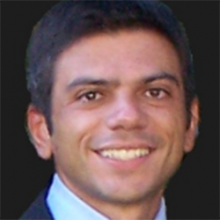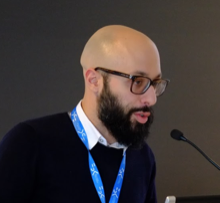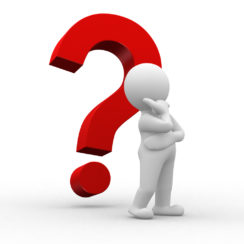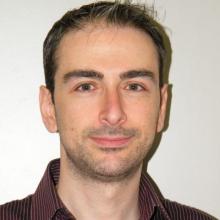
Research Activity
The research group carries out theoretical, experimental and applicative research activities on the following topics: i) morphological, syntactic and semantic analysis of text, language models, classification and simplification of sentences and/or documents; ii) conversational systems capable of interfacing with structured knowledge bases and documentary corpora and learning new knowledge through experience and interaction with the external environment; iii) automatic learning, even with limited availability of annotated data, of knowledge models that can be interpreted and integrated with knowledge formulated by domain experts; iv) reasoning based on common sense knowledge to resolve intrinsic semantic ambiguities of language.
In these research fields, the group deals with the definition and implementation of new models, algorithms and systems drawing on a plethora of approaches both of a symbolic type (knowledge technologies, ontologies, logical or fuzzy rules, linguistic frameworks and taxonomies) and sub-symbolic type(statistical and machine learning models, artificial deep neural networks, spiking neural networks and neuromorphic approaches).
The solutions produced as part of these activities are trained on High Performance Computing architectures and generate both large-scale, high-accuracy models, usable on servers and in the cloud, and lightweight, high-efficiency models, obtained by using knowledge distillation and model compression techniques, and executable locally on devices with limited hardware resources (smartphones, embedded systems, robotic systems).
Goals
The aim of the research group is the realization of cognitive systems, able to i) analyze, understand and generate text in natural language; ii) converse with a human being, managing ambiguities and the context of the dialogue; iii) learn, integrate and represent knowledge in an interpretable form; iv) reason in order to infer new explicit knowledge. These systems are aimed at providing decision support, both diagnostic and predictive, answering questions, making inferences, analytics and information retrieval starting from structured and unstructured data.
Application Fields
There are many fields of application, including Health, Public Administration, Industry 4.0, Cultural Heritage, Robotics.


MASSIMO ESPOSITO

FRANCESCO GARGIULO

RAFFAELE GUARASCI

FRANCESCO IODICE

CHIARA MARULLO

CIRO MENNELLA

ANIELLO MINUTOLO

MARIA ANTONIETTA PANZA

MARCO POTA
- RARE.PLAT.NET – Diagnostic and therapeutic innovations for neuroendocrine and endocrine tumors and for glioblastoma through an integrated technological platform of clinical, genomic, ICT, pharmacological and pharmaceutical skills
- PRIDE: Regional Pole for Evolved Digital Innovation
- PANORAMA
- OSA – Oncology Smart Assistant
- OK-INSAID – Operational Knowledge from Insights and Analytics on Industrial Data
- MeSAS : Models and Tools for Sustainable AI
- IDEHA – Innovation for Data Elaboration in Heritage Areas
- ICARUS : Intelligent Contract Automation for Rethinking User Services
- hcaim – human centered artificial intelligence masters
- H2IOSC : Humanities and cultural Heritage Italian Open Science Cloud
- FAIR_Spoke 3: Resilient AI
